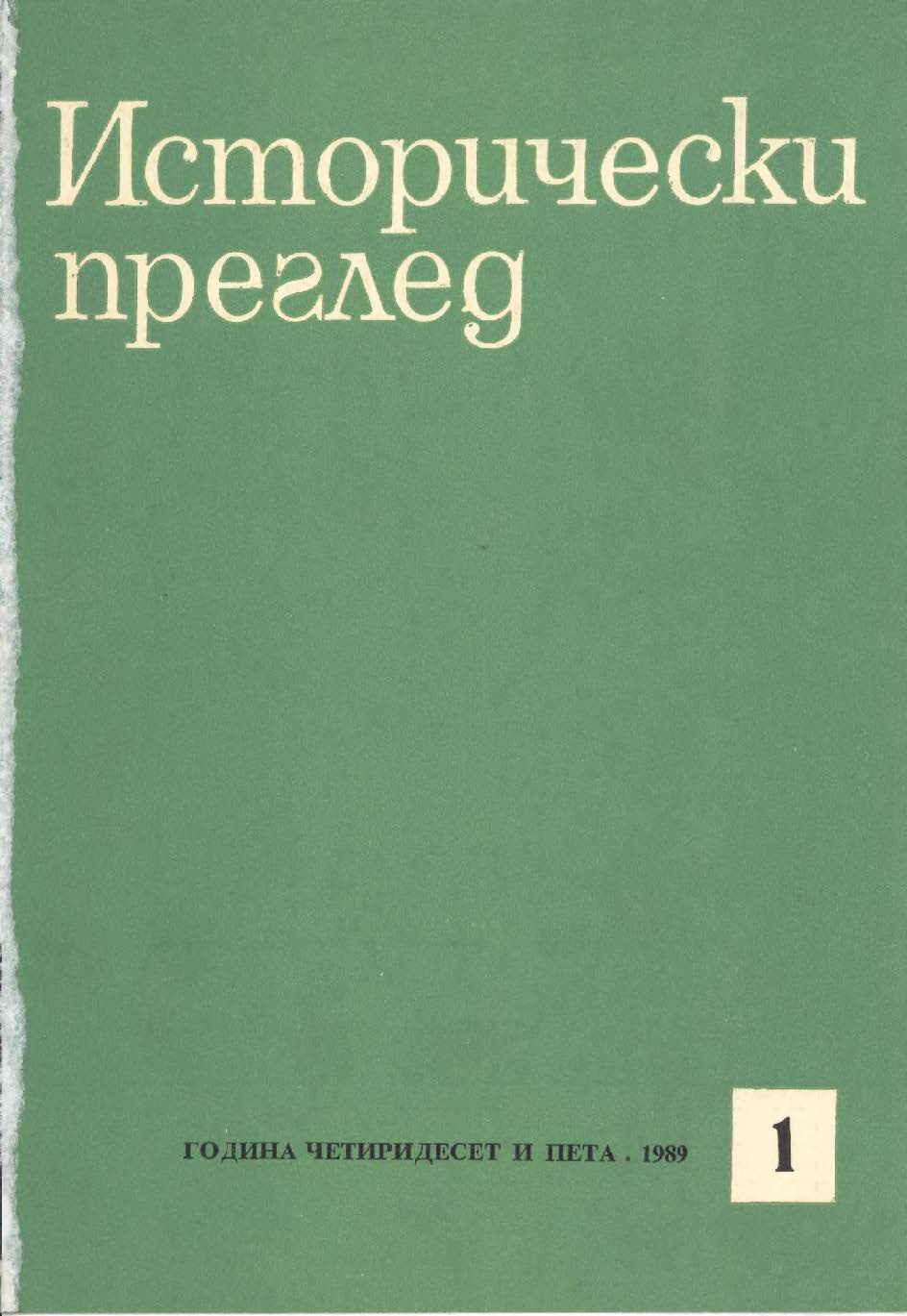Заговезни – Тодоровден като преходен период в народния календар
Shrovetide as a Transition Period in the National Calendar
Author(s): Slavka GrebenarovaSubject(s): History, Cultural history, Ethnohistory
Published by: Институт за исторически изследвания - Българска академия на науките
Summary/Abstract: The author examines the period of the Bulgarian festive system which begins with the second Sunday before Lent and finishes with the first Sunday before Lent as a repetition of the so-called “Foul” days – the days before and after the New Year. It reflects a transition period in the annual calendar cycle, which designates the transitive state of nature in the economic and social life of the people and is conditionally called “transitional period”. It is grounded on the cosmogonic idea, which was developed on the grounds of the theoretical stipulations of M. Eliade. The basic details which characterize the Shrovetide cycle and give ground for its determination as a transition period in the national calendar are: 1) Breaking of the balance between our and “the outer” world, the entering of chtonnic forces in the world of the living. 2) Rites and customs, through which the people aspire to free themselves of the old and evil and give way to the good and new. 3) Sacrifice of a bird – a rooster or a hen. 4) Reminiscences of initiation rites, which are maidenish/women’s and bachelor/men’s. The meaning is revealed through the basic structure-forming elements in the practice of the fasting for three days (complete fasting) in the customs around the Shrovetide open fires, in the rituals with the old maids and bachelors on “unblemished” Monday, etc. The question about the other transition periods is put forward within the frames of the holidays calendar of the Bulgarians, as well.
Journal: Исторически преглед
- Issue Year: 1989
- Issue No: 1
- Page Range: 55-71
- Page Count: 17
- Language: Bulgarian
- Content File-PDF

